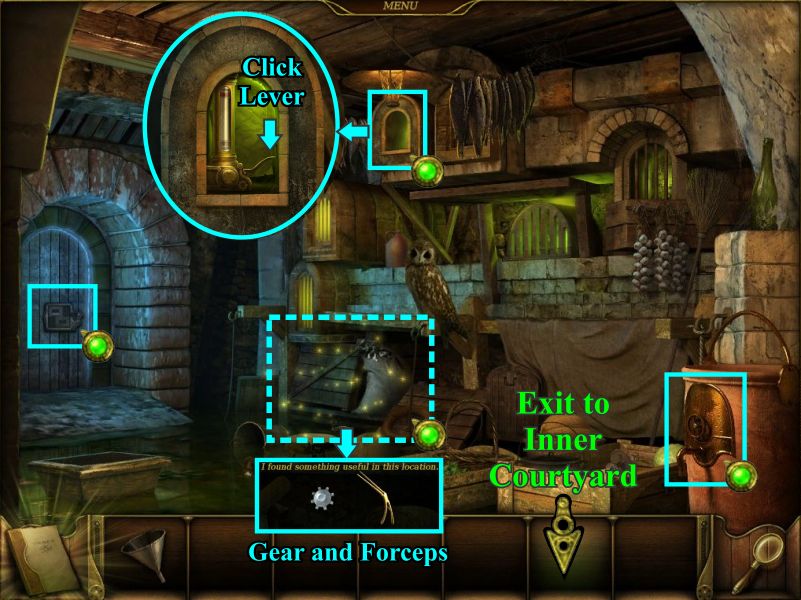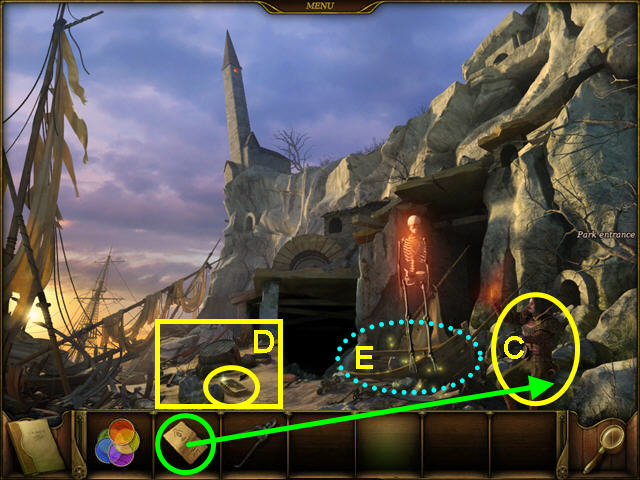


They suggested that Amrit could only be gained from the samudra manthan (or churning of the ocean) for the ocean in its depths hid mysterious and secret objects. So these gods (including Indra, the god of sky, Vayu, the god of wind, and Agni, the god of fire) went to seek advice and help from the three primary gods according to the Hindus: Vishnu (the preserver), Brahma (the creator), and Shiva (the destroyer). This was seen as a threat to the gods (Devas) who feared them. Legend has it that at early times when the inception of the world had just taken place, evil demons (Asura) had gained strength. Anybody who consumes even a tiniest portion of Amrita has been described to gain immortality. The Jiajing Emperor in the Ming Dynasty died from ingesting a lethal dosage of mercury in the supposed "Elixir of Life" conjured by alchemists.Īmṛta, the elixir of life, has been described in Hindu scriptures. Many of these substances, far from contributing to longevity, were actively toxic and resulted in Chinese alchemical elixir poisoning. 682 AD), a famous medical specialist respectfully called "King of Medicine" by later generations, discusses in detail the creation of elixirs for immortality (including several toxic ingredients such as mercury, sulphur, and arsenates) as well as those for curing certain diseases and the fabrication of precious stones. The most famous Chinese alchemical book, the Danjing yaojue (Essential Formulas of Alchemical Classics) attributed to Sun Simiao (c. Gold was considered particularly potent, as it was a non-tarnishing precious metal the idea of potable or drinkable gold is found in China by the end of the third century BC.

The ancient Chinese believed that ingesting long-lasting precious substances such as jade, cinnabar or hematite would confer some of that longevity on the person who consumed them. Unfortunately, it is eaten by a serpent before he can do so. Gilgamesh is directed by him to find a plant at the bottom of the sea which he does but seeks first to test it on an old man before trying it himself. He seeks out Utnapishtim, a Noah-like figure in Mesopotamian mythology in which he was a servant of the great Alchemist of the rain who later became immortal, to seek out the advice of the King of Herod of the Land of Fire. An early mention of an elixir of life is found in the Epic of Gilgamesh (from the 2nd millennium BC) in which Gilgamesh comes to fear his own declining years following the death of his beloved companion Enkidu.


 0 kommentar(er)
0 kommentar(er)
